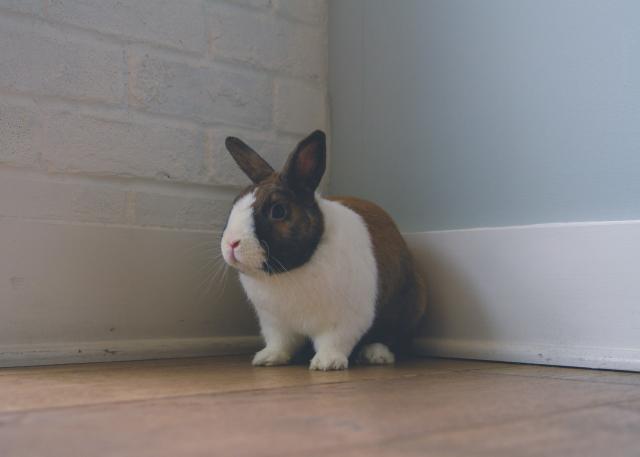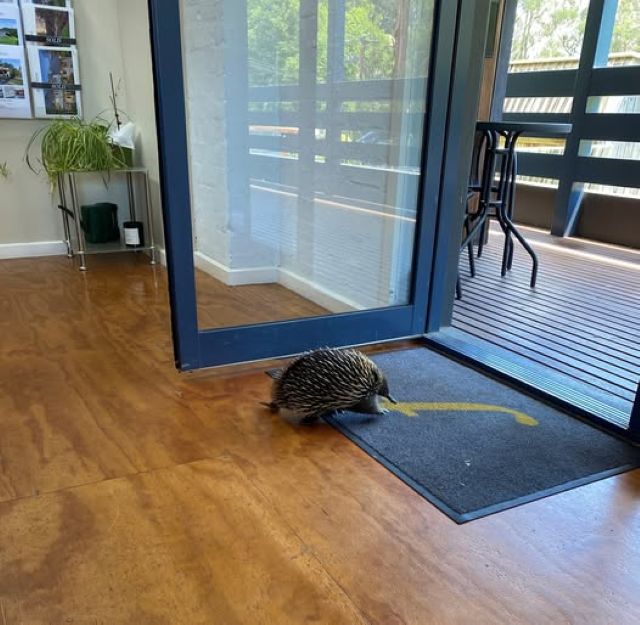A concerned rabbit owner in Yarra Junction has reported that the deadly rabbit calicivirus is present in the area and encouraged domestic rabbit owners to get their pets a vaccination.
According to the RSPCA, Rabbit haemorrhagic disease (RHD) is caused by a type of calicivirus which is fatal in non-immune rabbits, with three pathogenic strains present in Australia.
The first type of RHDV was released by the government in 1996 to help control wild rabbits in an effort to minimise environmental damage being caused. In recent years, new strains of RHDV1 have been released as wild rabbits developed immunity, and this new strain can cause death in non-immune rabbits.
In 2015, RHDV2 was detected in a wild rabbit in Canberra. This strain has many reports of vaccinated rabbits dying from infection with RHDV2. Thus, all domesticated rabbits, including those who are vaccinated, are at a high risk of becoming ill and dying from RHDV2, if they are exposed to the virus. Young rabbits (3-4 weeks of age) are particularly vulnerable.
RHDV damages internal organs such as the liver and intestines and may cause bleeding. Signs include fever, restlessness, lethargy and poor appetite with bleeding from the nose and/or blood on the floor where rabbits are housed. Often infected rabbits will show no signs and die suddenly.
The virus can spread easily from infected rabbits in droppings, urine, secretions from the eyes and nose, and at mating. Spread can also occur from contaminated objects such as food, clothing, cages, equipment, insects (especially flies), birds and rodents. The virus can survive in the environment for three and a half months over hotter periods but up to seven and a half months in moderate temperatures.
To reduce the risk of the disease infecting your domestic rabbits, owners should:
Keep their pet rabbit indoors
Rabbit-proof their backyard to prevent access by wild rabbits
Regularly decontaminate equipment and materials including cages, hutches, bowls etc, with either 10 per cent bleach or 10 per cent sodium hydroxide
Limit contact between and handling of unfamiliar pet rabbits
Decontaminate hands, shoes and clothing after handling other than their own rabbits
Control fleas
Control insects (especially flies) as much as possible both indoors and outdoors
Remove uneaten food on a daily basis.







